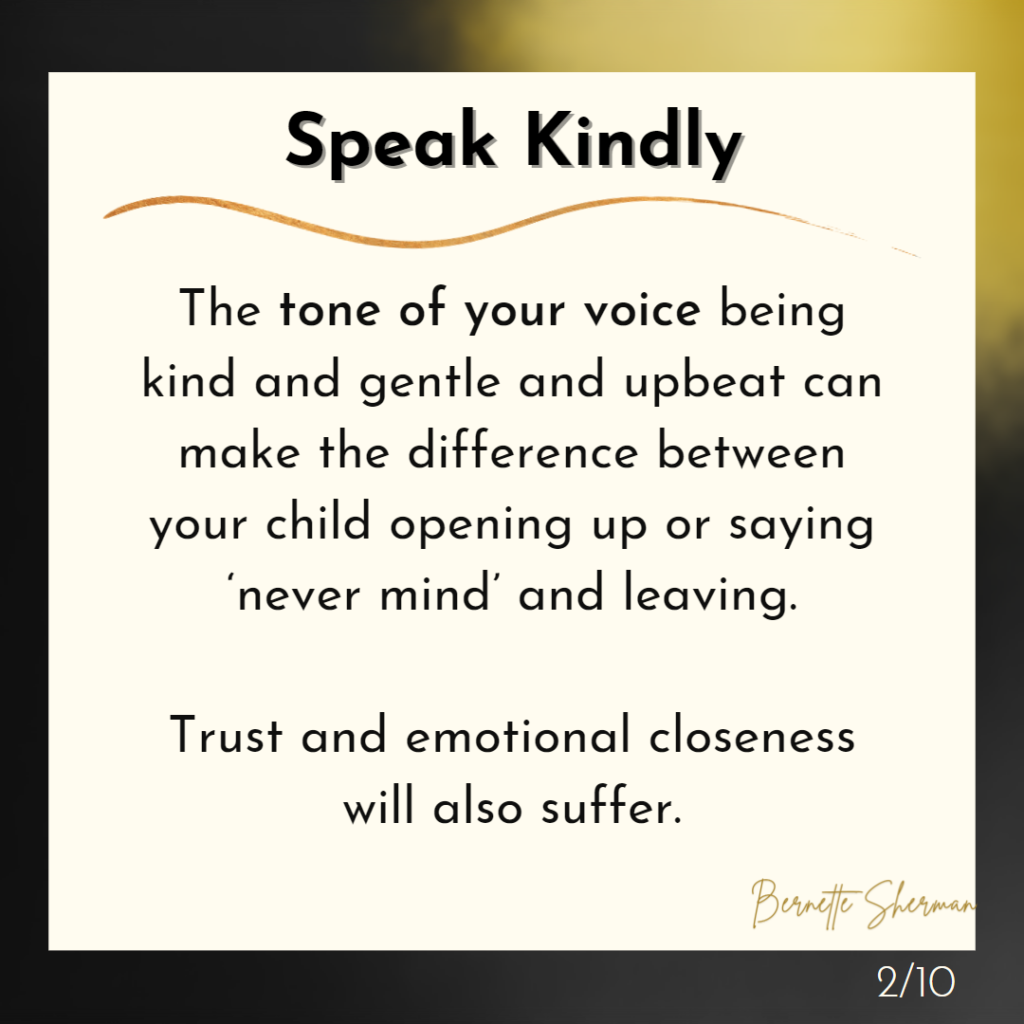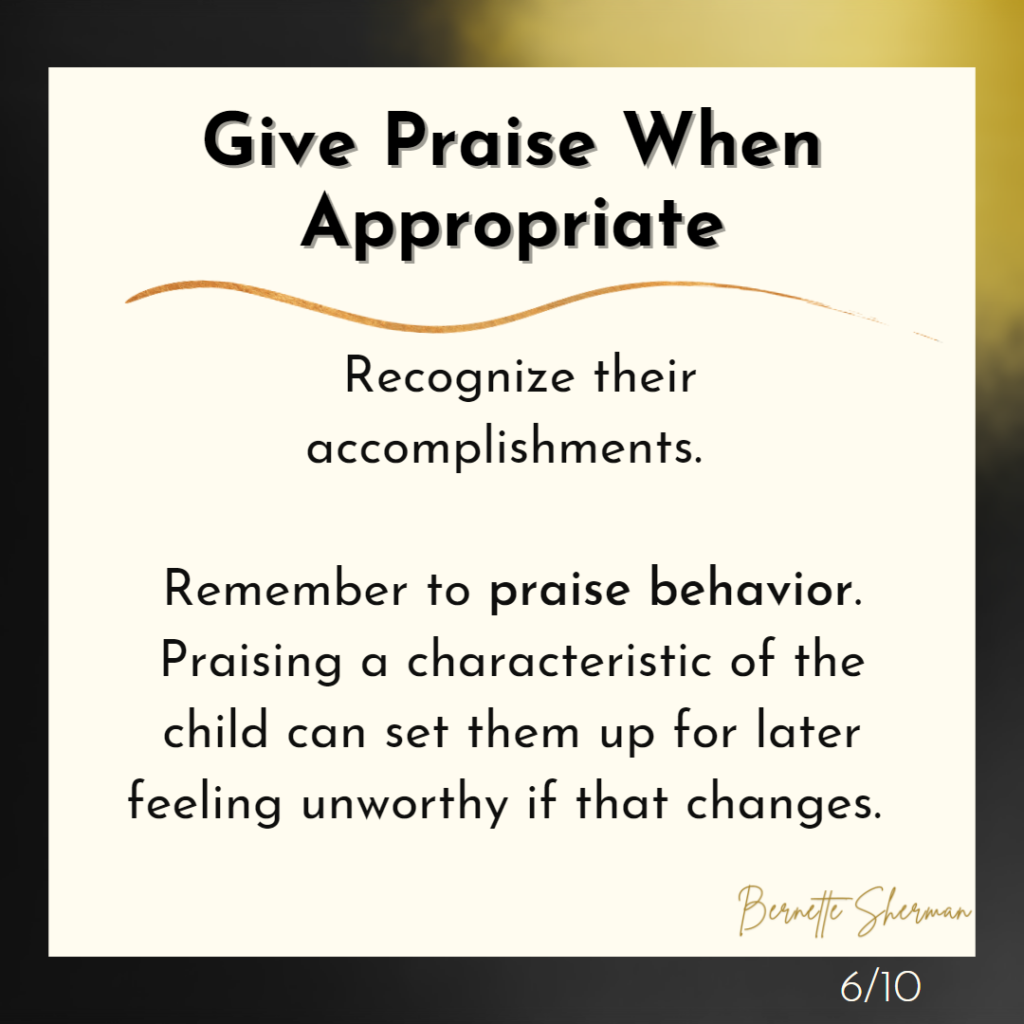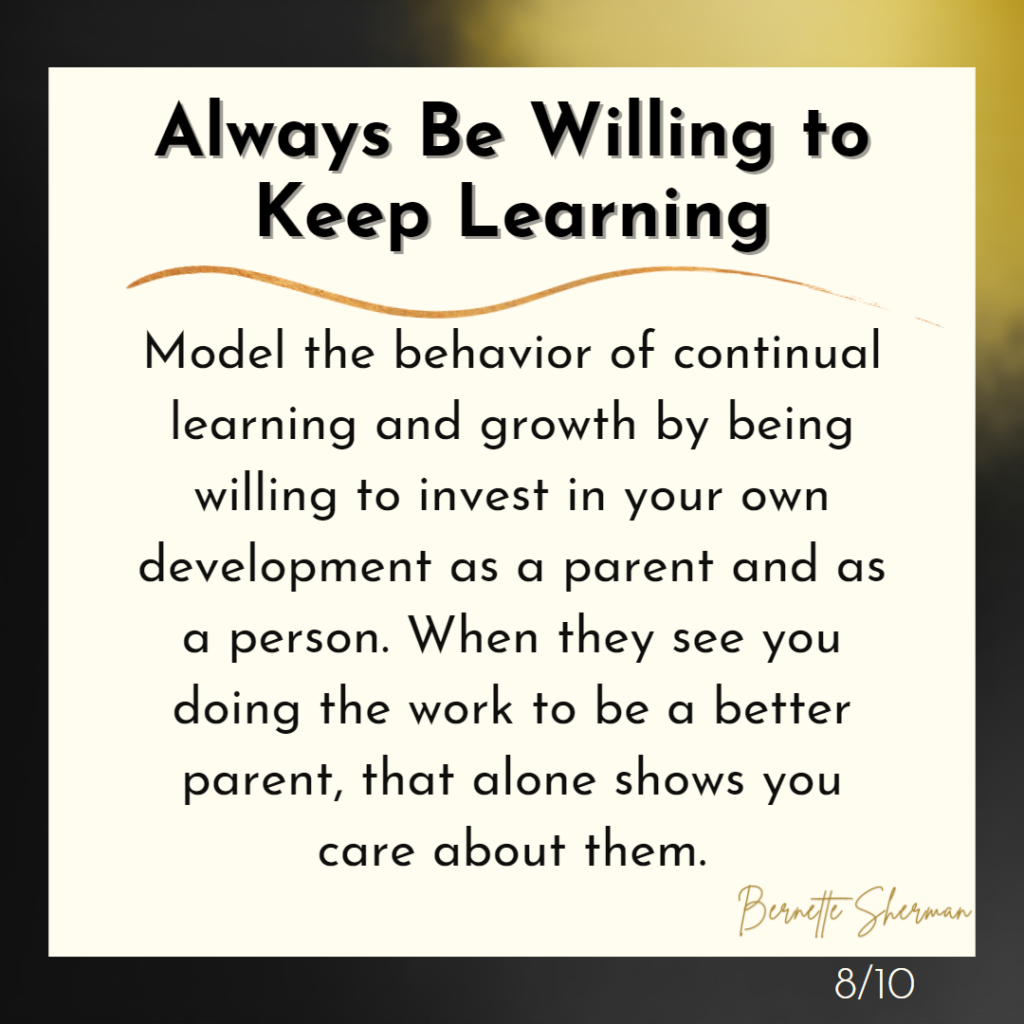7 Powerful Tips to Emotionally Feed Your Child
Show You Care – Emotionally Feed Your Child

Regardless of your child’s emotional state in a given moment, you can show you care and be emotionally feed your child by being supportive and present. Here are a seven powerful tips for you to show you are right there with them. It’s a matter of showing and telling so they feel surrounded with your support and love, and their heart is well fed with love.
Here are 7 Tips to Emotionally Feed Your Child:
- Speak Kindly
- Show Affection and Love
- Say I Love You
- Acknowledge Their Feelings
- Give Praise When Appropriate
- Give Them Your Time
- Always Be Willing to Keep Learning
What I saw during my tenure with the Grand Jury was a lack of love, a lack of familial bonds rooted in support and compassion, and a lack of self-love. Self-love is often a byproduct of experiencing being loved first by those who take care of us. When we as parents can show that love, our children learn what good love, healthy love, support, empathy, compassion, and caring feels like for them. They also will understand when love isn’t good or healthy, when there is a lack of support, empathy, compassion or caring because they know what it looks like. We set them up for a lifetime of healthier relationships by being the example and showing them the good stuff.
If you are a spiritually minded parent, maybe you can think of how we can feel God’s love and support for us and know it to be pure and good and without exception. We know we are loved without condition and that’s how a parent’s love should feel.
1. Speak Kindly

The tone of your voice being kind and gentle and upbeat can make the difference between your child opening up or saying ‘never mind’ and leaving. You may be relieved in the moment to not be bothered, but that child just felt like a bother if your tone suggests they’ve annoyed you. When this happens often enough your child will learn not to bother you and that trust and emotional closeness will also suffer. I’ll say this again below, but life and death lies in the power of the tongue. We must be careful of the words we use and the energy behind those words.
Remember, words have power
As a writer, I’ve created worlds with my words – filled them with people with entire personalities and backstories. Words have power to transform, to heal, and to hurt and when we accept and responsibly use that power to uplift our children, they learn the power of their own voice as well. They’ll understand that they can uplift others with a kind word, just as you uplifted them. When you speak with kindness and from a place of love, it touches somewhere deep.
What reminder might you use to speak kindly and lead with love?
2. Show Affection and Love

Smiles, hugs, laughter, kisses, and giggles (makes you happy just thinking about it, right?) just feel good. Humans are physical creatures and touch and physical intimacy (not the same as sex) is needed. Feelings are powerful. Implant those feelings of love security and emotional security into the brain with laughter and affection. Just consider the mental health impact of quarantine on people who lived alone, on grandparents in nursing homes, or those who are socially isolated in general. Actually show your affection for your children and show your love.
“Love and acceptance are essential for healthy child development, to building feelings of self-wroth and self-esteem. Affection is the most crucial of all the influences provided in the home. If we get this part right, we’re already 80% percent successful as parents.”
Kennedy, 2001, p. 151
A Lesson from Elton John
Have you seen the Elton John movie, Rocketman? This is a prime example of parents who weren’t able to or willing to show affection and love. Elton’s life was a tragedy born from a lack of expressed support and love. Definitely a cautionary tale. While he fought back against his demons, they held a grip over him for many years.
If you aren’t used to showing affection and showing love, start small. A simple smile can work wonders, even if you don’t have the words yet. A pat on the back can show support or pride. Sitting closely shows warmth and healthy intimacy. Start small, build your muscle for showing affection and love and build from there.
What’s your love language?
3. Say I Love You

I’ve learned that some people actually don’t say this. I probably over say it (not really) but it’s completely okay to tell the people you love that you love them and don’t assume they know or that they must know by your actions. Remember words are power. Life and death lies in the power of the tongue.
Get in Alignment
Similar to the above, with showing affection and love, it’s also important to voice your feelings. When you voice them, it teaches your children how to do the same. But words and actions must be in alignment. As a spiritually-minded parent you understand that the heart, the head, and the hands must work together in whatever you are doing. If you’re thoughts aren’t in alignment with your goals for expressing love it’ll be harder to show it and say it. At the same time, we can trick ourselves into changing our thoughts by using our voice. Speak it into existence. Say I love you to your loved ones daily and watch how your thoughts shift and your heart follows.
If you are already saying this, wonderful! If not, could you add these words before you go your separate ways at the start of your day or before bed at night?
4. Acknowledge Your Child’s Feelings

You can emotionally feed your child by acknowledging their feelings. No one wants to feel invisible or ignored. No one wants their personal feelings or experiences invalidated. This means not comparing your child’s hurts to yours or someone else’s or making them feel like they shouldn’t complain or have certain feelings because they aren’t ‘justified’ by your standards. This doesn’t mean your child doesn’t eat their veggies because they don’t feel like it. It’s still your responsibility to raise healthy kids – body, mind, and spirit.
What Do I Mean?
This is for those things like being made fun of at school (that hurts and it should be acknowledged). It might be that they think it’s unfair that a sibling gets to do something they don’t. Understanding and listening is important. Maybe you have a valid reason for this (age, maturity) but maybe you actually don’t. Perhaps you’ve had a rough day and their concern over a lost toy just seems petty. Don’t they know there are bigger things to worry about? Actually, no they don’t. There world isn’t the same as yours, and isn’t supposed to be. Let them be a child and learn to deal with emotions as a child in a healthy way, recognize their emotions and feelings are real (this is like creating a forcefield against future gaslighting) and how to process them.
As a parent you can acknowledge your child’s feelings to allow your child to feel seen, heard, and felt. For example my son loves his game time – much more than say bath time. Letting him know it’s time to stop and move to the next thing is always met with a groan, moan, or sigh. Letting him know I know that ending play isn’t fun helps him know his feeling are validated. At the same time, it’s also valid that he needs a shower and to get ready for bed.
What can you do to create space to acknowledge your child’s feelings?
5. Give Praise When Appropriate

When appropriate give your child praise. You like praise and recognition, right? I mean who doesn’t like to hear, “Good job”? We all like to have some acknowledgement. It’s human nature. When kids get a healthy level of acknowledgement and praise from the people they trust and love most, they aren’t going to be as needy and eager to get it outside the home, in possibly, less healthy ways. They leave the house knowing they are worthy and walk into the world that way. The child who is never complimented or praised will have a lower self-esteem and be more vulnerable outside the home to those who prey on those who don’t know their worth.
What to Praise and Recognize?
Recognize their accomplishments. Praise the type of behavior you’d like to see more of. If your child remembered to take their plate to the sink without you having to ask, do your best to notice and let them know how much you appreciate it, sincerely.
Remember to praise behavior that is aligned with good character. This is slightly different than praising a characteristic like their hair color, skin tone, hair texture, eye color, size, intelligence, etcetera. Praising a characteristic of the child can set them up for later feeling unworthy if that changes or they don’t do well.
For example, praising how hard a child studied and the effort they put in for a test is different than praising how ‘smart’ they are. It’s how they used those smarts and applied them (good character) that is being praised, not just ‘being’ smart. Praising someone’s style sense and color sense to find clothes that are always perfect for her is better than praising that they are thin enough to wear that dress.
What’s an honest compliment you can give your child?
6. Give Them Your Time

Quality time is essential to developing healthy relationships, whether with other adults or with your children. Children, especially, get value from being with their parents when that time is spent with attentive and mentally present parents. Even if you aren’t actively conversing there can be an emotional connection that happens just by doing things together and creating experiences and memories.
It can be the little things
Spending meaningful time together can be anything from a game to letting them help you make dinner (and allowing them to be a child and make mistakes) to them running errands with you, or even just driving back and forth to school when you’re not on the phone, music is down and your are fully available to talk. These car drives are great opportunities to connect with the child who doesn’t like direct engagement or confrontation. There’s something about you in the driver’s seat, having your eyes on the road and not them that may let their guard down. You won’t stare at them or have the ability to grill them too much since you are driving. I enjoy creating space for a random thought to pop up with my children, while driving.
Try to give each child some one on one time. The more children you have the more difficult it becomes AND the more important. Understand what each child enjoys or likes doing and create an opportunity to spend time together just with them doing something they like to do. Even fifteen minutes of quality time can make a difference.
“Material things are not gifts but apologies for gifts. The only true gift is a portion of thyself.“
-Ralph Waldo Emerson
When are times you can possibly be more present and available with your children?

7. Always Be Willing to Keep Learning

Model the behavior of continual learning and growth by being willing to invest in your own development as a parent (and as a human being in general). When they see you doing the work to be a better parent, that alone shows you care about them. Continue by checking out this post on What is Good Parenting for other suggestions.
Children’s emotional needs vary and every parent is different. The above suggestions are what I do and would do. I can’t say what will work for you so do what you think is right and best. When you remember that you are on the same side and you lead with love it makes difficult conversations easier.

In discussion of the book, Parenting Matters: Supporting Parents of Children Ages 0-8, the NCBI website states: Parents can promote the learning and acquisition of social skills by establishing strong relationships with their children. The importance of early parent-child interactions for children’s social competence is embedded in many theoretical frameworks, such as attachment.
Going Further
Today, you demonstrated your willingness to keep learning by reading all the way through. What will you do within the next 7 days to continue learning as a parent?
Good parents want the best for their children. If you’re here, maybe you are asking yourself this same question, What IS good parenting? Am I a good parent? I mean really. How does one know, until it’s too late and your kids are in their 20s and want nothing to do with you…
Here are a couple signs you’re a good parent.
- You Make Time for Your Kids – a good parent makes time for their kids even if it’s difficult or inconvenient.
- You Model Healthy Relationships with Other Adults – as a good parent you recognize the importance of developing your young child into an adult able to have healthy adult relationships.
- Read 3 through 5 and get more details on one and two in the blog post, 5 Signs of a Good Parent.
Download the PDF of this blog post for easy reading and access.


